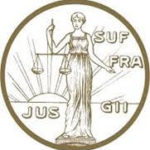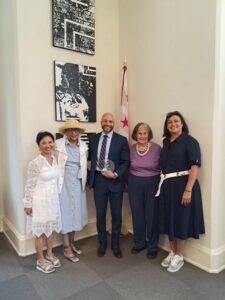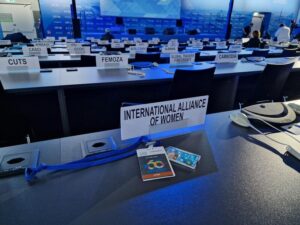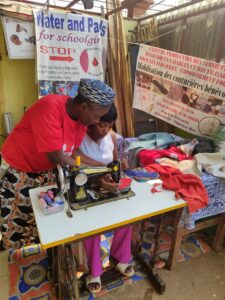 Consultations of the Committee on Non-Governmental Organizations to NGOs in consultative status with ECOSOC regarding the evolving relationship between the NGOs and the UN.
Consultations of the Committee on Non-Governmental Organizations to NGOs in consultative status with ECOSOC regarding the evolving relationship between the NGOs and the UN.
The contribution of NGOs in consultative status with ECOSOC to the work of ECOSOC can be further improved provided ECOSOC, in accordance with its Res. 1996/31, “Principles to be applied in the establishment of consultative status” para. 17 “facilitate, in the most effective manner possible, the contributions of non-governmental organizations to the work of the United Nations”. This should be an inclusive process, reflecting the wide diversity of NGOs, including LGBTQ groups, human rights defenders and others too often excluded from accreditation. According to the International Alliance of Women (IAW) the most efficient modalities for NGOs to contribute to the United Nations policy-making would be the following: improved access to the UN premises in order to enable an effective exchange between government delegates and accredited NGO representatives; enhanced mechanisms facilitating in a structured manner such consultative interactions for the benefit of all parties involved. IAW, as one of the eldest feminist umbrella organizations with over 50 member associations is of the view that the United Nations could take further advantage of such entities having demonstrated considerable expertise and special competence in long-standing UN-NGO relationship.
“The adoption by the United Nations of the 2030 Agenda for Sustainable Development has given a new impetus for a mobilization of NGOs in support of this global and wide range programme”. In this context, the International Alliance of Women supports the view that “mechanisms to monitor the relations between the UN and Non-Governmental Organizations in consultative status” have become even more important, yet difficult since UNCED 1992 (see Res. 1996/31, Part II, para. 19). IAW is of the view that at the High-Level Political Forum on Sustainable Development consultative spaces should be created for NGOs in consultative status. In addition, at the level of the HLPF the creation of a mechanism would be welcome to incorporate shadow reports into the voluntary national review process.
“Encouragement” of a greater involvement of NGOs from developing countries and countries with economies in transition, as inscribed in paragraphs 6 and 7 of Res. 1996/31 “Principles” should be accompanied by effective support arrangements from the side of the Secretariat, starting with simple and streamlined accreditation facilities. Training in UN-NGO relation for newly accredited NGOs could help prevent beginners’ errors impeding the smooth course of the consultative process. Measures through which member states limit the access of NGO representatives to international decision making at the UN such as the travel ban by the Trump administration jeopardizing women’s rights to participate in the 61st and 62nd sessions of the Commission on the Status of Women have thrown light on the growing evidence of the shrinking space for NGO participation.


